Shabbat Gathering: Giving forgiveness.
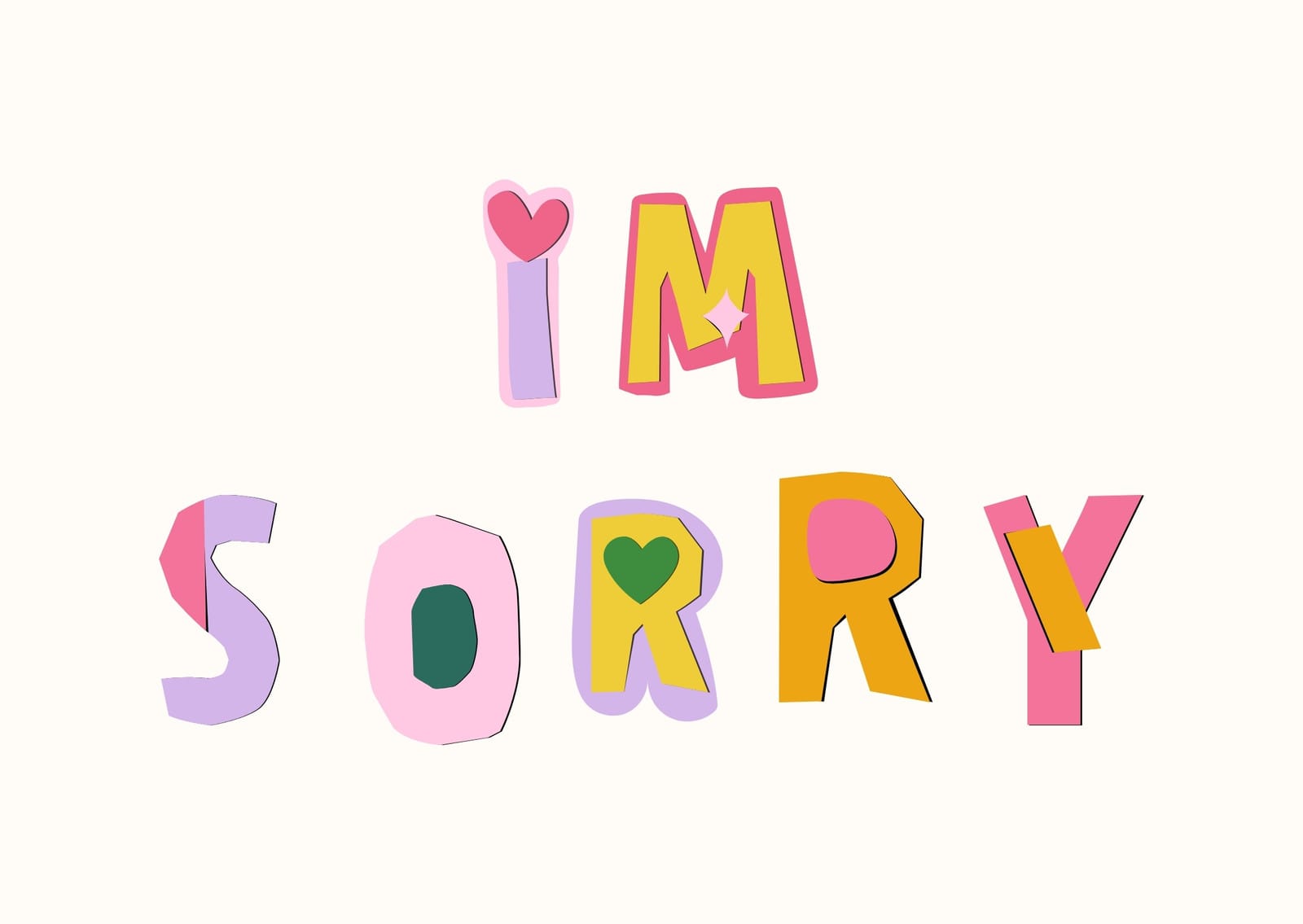
Gud Shabbos Khaveyrim, as is our custom, we will gather tonight at 5.45p ct to welcome Shabbat. These are the coordinates:
Zoom
Meeting ID: 883 8469 4181
Password: 822665
Phone: +1 312 626 6799
(To unsubscribe from the newsletter, click the link at the very bottom of this email.)
Here we go.
Part of the inner work I try to do every year during the High Holy Days includes granting forgiveness, not just seeking to receive it. Granting forgiveness means listening to those who ask me for it and who offer to make amends. But I also grant forgiveness to those who haven’t asked me for it.
Giving forgiveness, for me, is important because it helps me put my injuries into the past. I can’t always count on those who injure me to be so self-aware that they even know how they’ve hurt me and, due to the way I was raised, I don’t usually tell people they’ve hurt me. Confrontation isn’t my style. There’s the concept of Tokhachah which means that it is a mitzvah to tell someone when they are in the wrong. I have trouble performing that mitzvah.
So what happens? I develop resentments. Resentments may fester and gnaw at me. The person who hurt me may never ask me for forgiveness.
For me, the best way to to free myself is to just simply forgive the person. I don’t mean saying, “I forgive you” to them. That might spark a confrontation and make matters worse instead of better. And that might defeat the purpose of freeing myself from the resentment.
When I was living in Brooklyn, someone hurt me, badly. I wasn’t going to confront them about it because they were a close member of the family I had just married into. And, based on what I knew about the person, they were never going to apologize to me and offer to make amends. So I lived with my hurt day by day, week by week, month by month and finally a year passed. And I was still in pain.
And then it occurred to me like a bolt from the blue: I could just look into my heart and let the hurt go instead of letting it hold me back. I could just let it go and move on. The person who hurt me wasn’t going to change, so I was the one who needed to change.
Just let it go.
And that’s what happened. I let my resentment go. It dissolved and disappeared all at once. The forgiveness I gave wasn’t something that just happened in my head and in my heart. I could actually feel that knot of anger in me dissolve in my body as it was replaced by light and peace.
I guess my point is that forgiveness might happen many different ways. Someone may ask for forgiveness and deeply repent. Or not. I don’t know about you, but being asked for forgiveness doesn’t happen often enough. Instead, I’m stuck with my bad feelings.
But sometimes I take another way, the way I found in Brooklyn.
And may it be for all of us a blessing.
See you tonight!
Mit vareme grusn,
(With warm regards,)
All my love,
brian.
PS
We're using a new Amidah in our Friday Night Gathering thanks to Rabbi Laurie. Here's what we're working with:
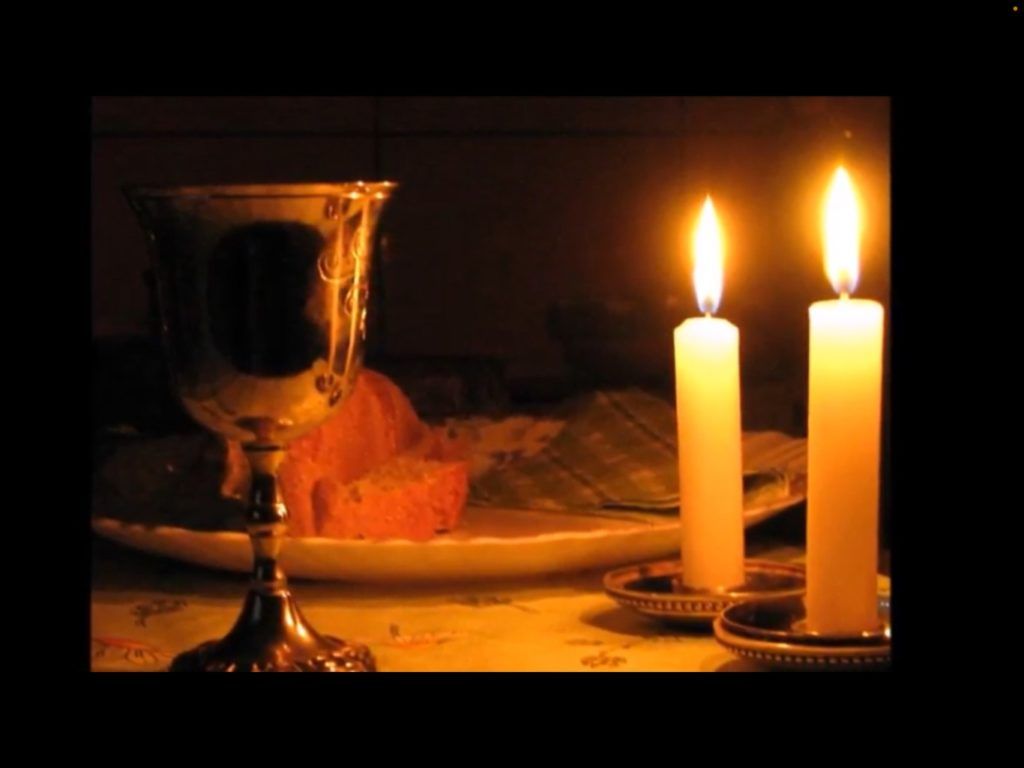
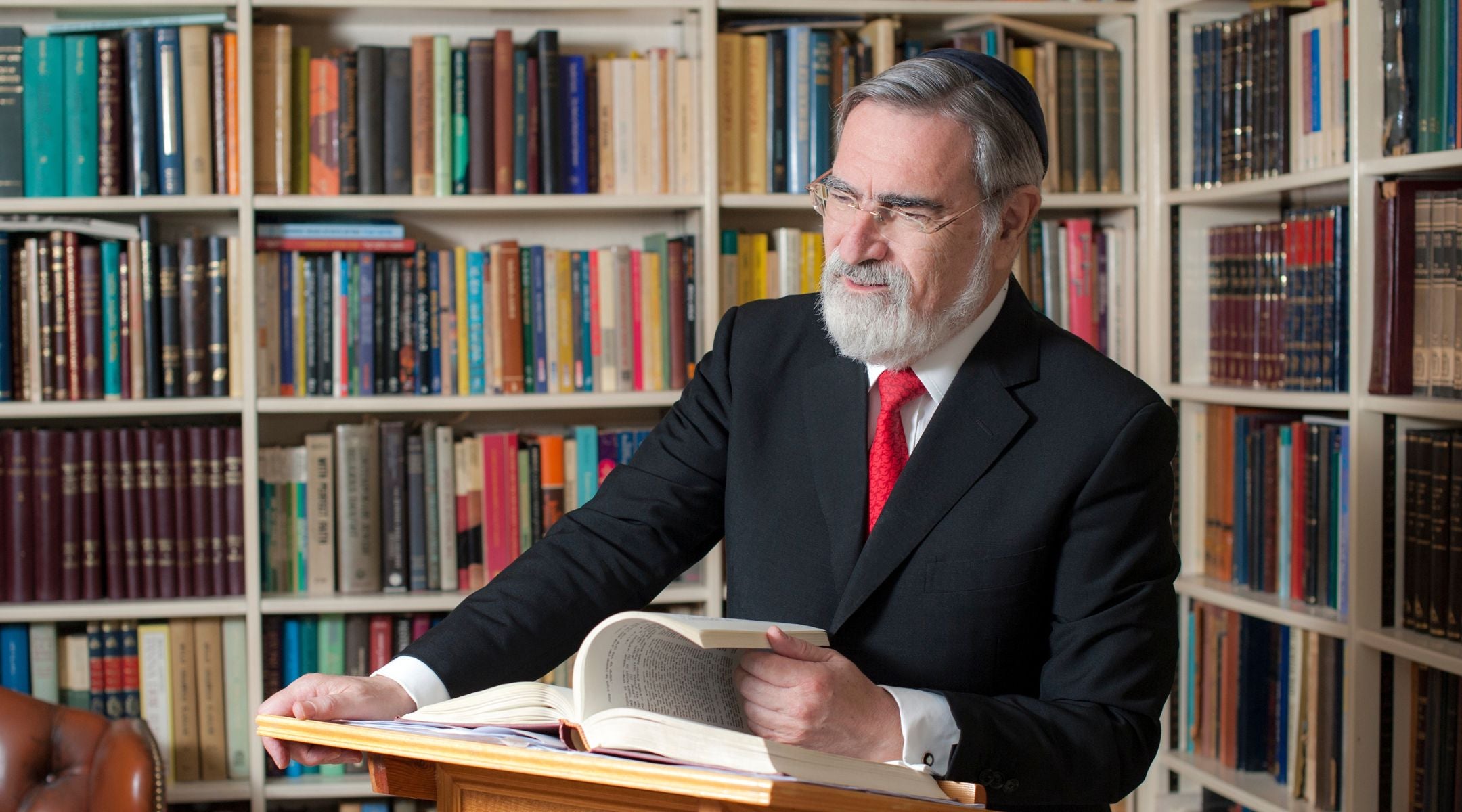

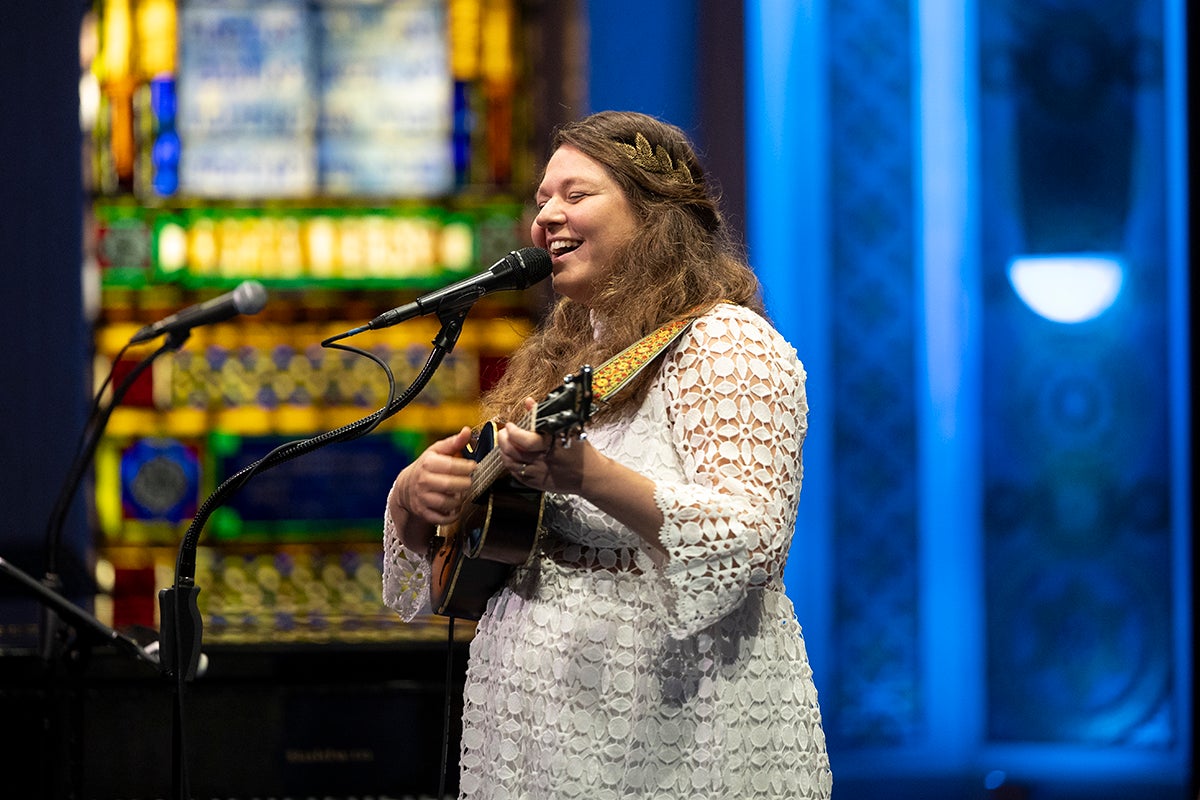
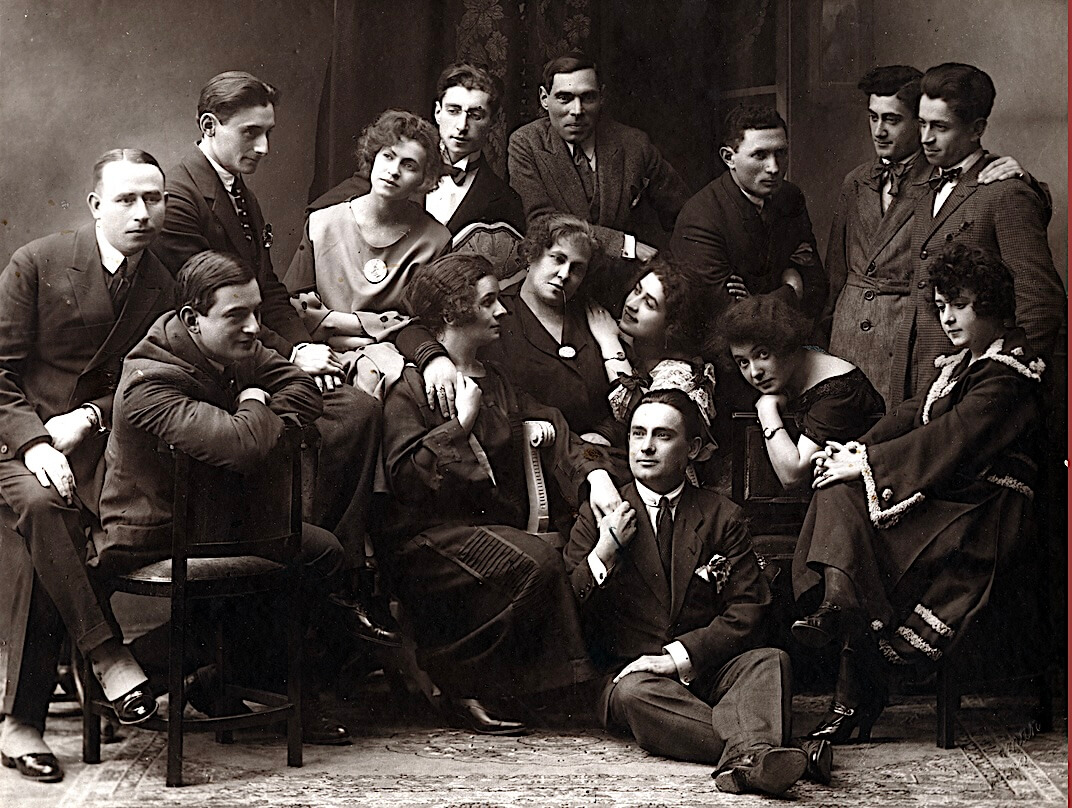
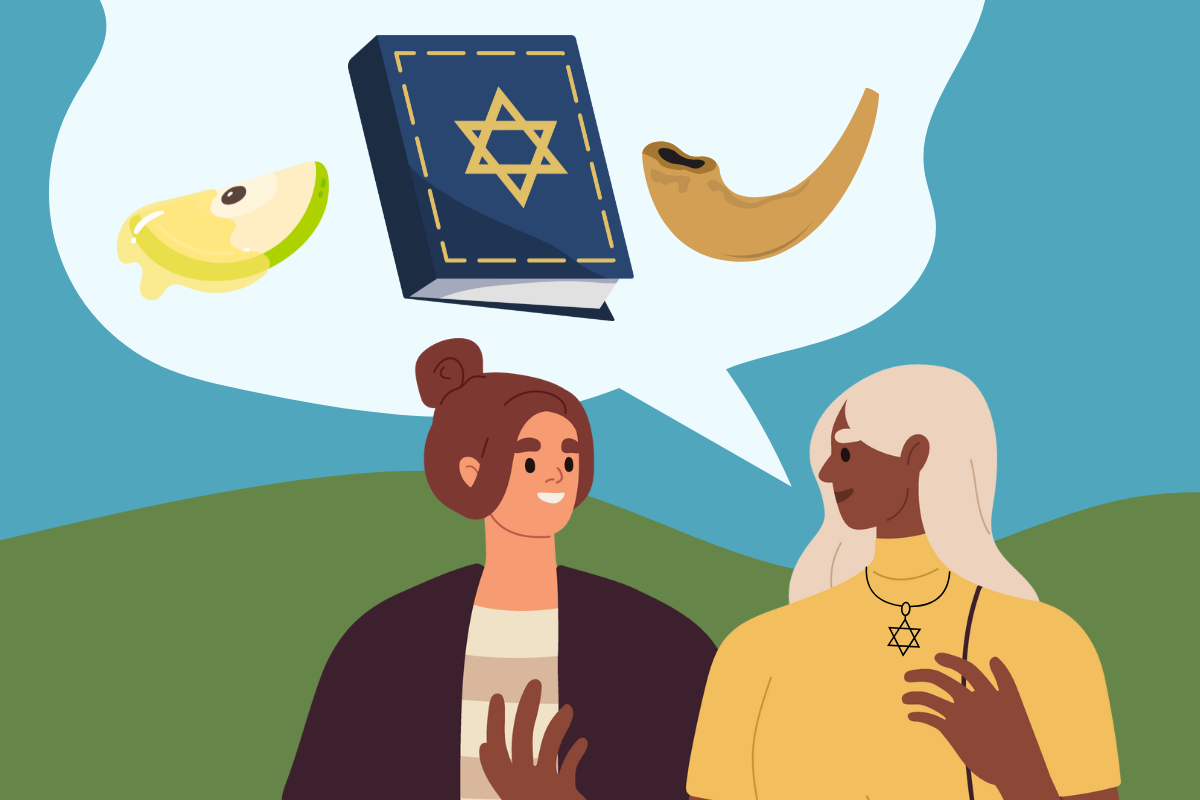
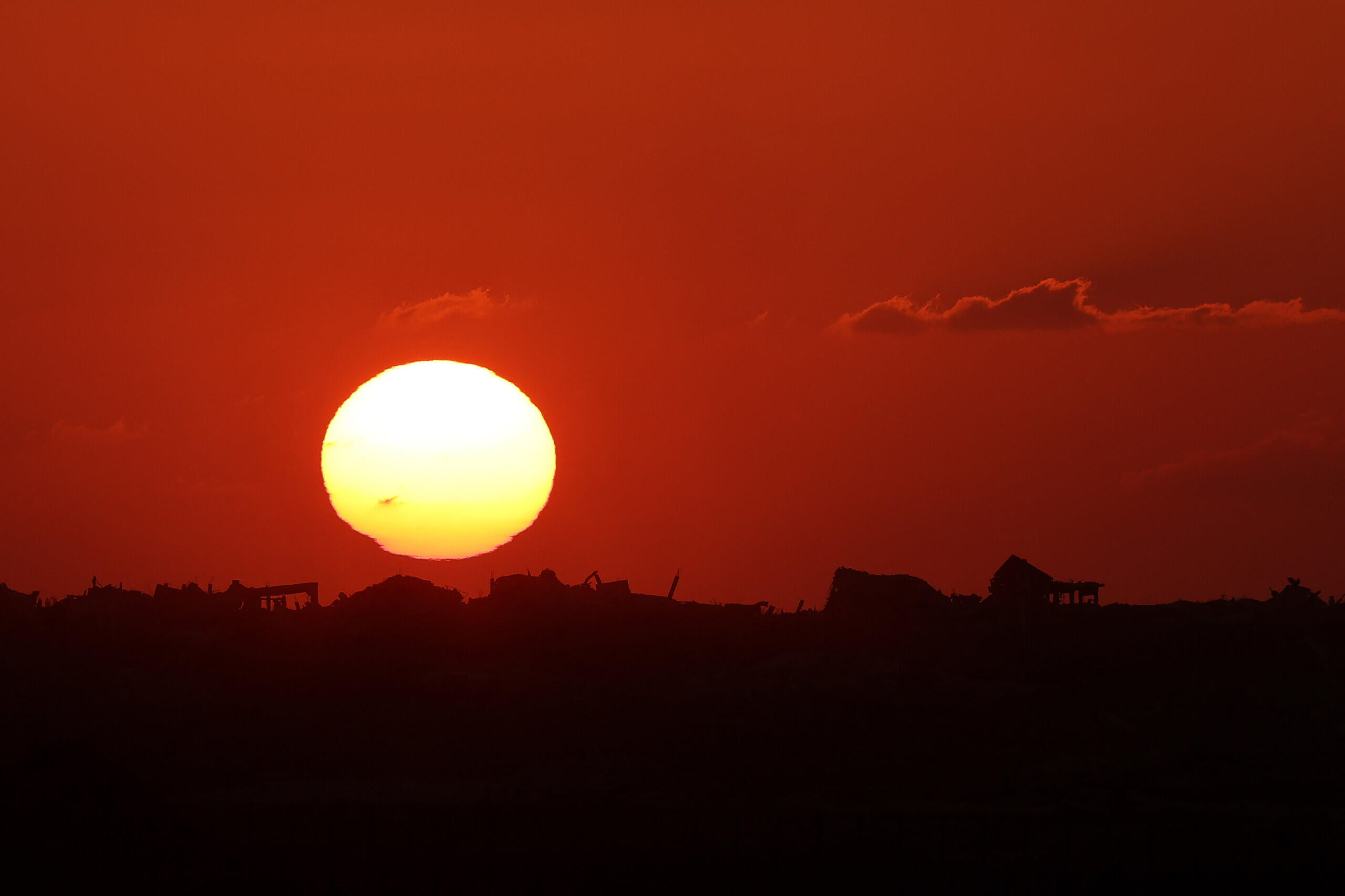
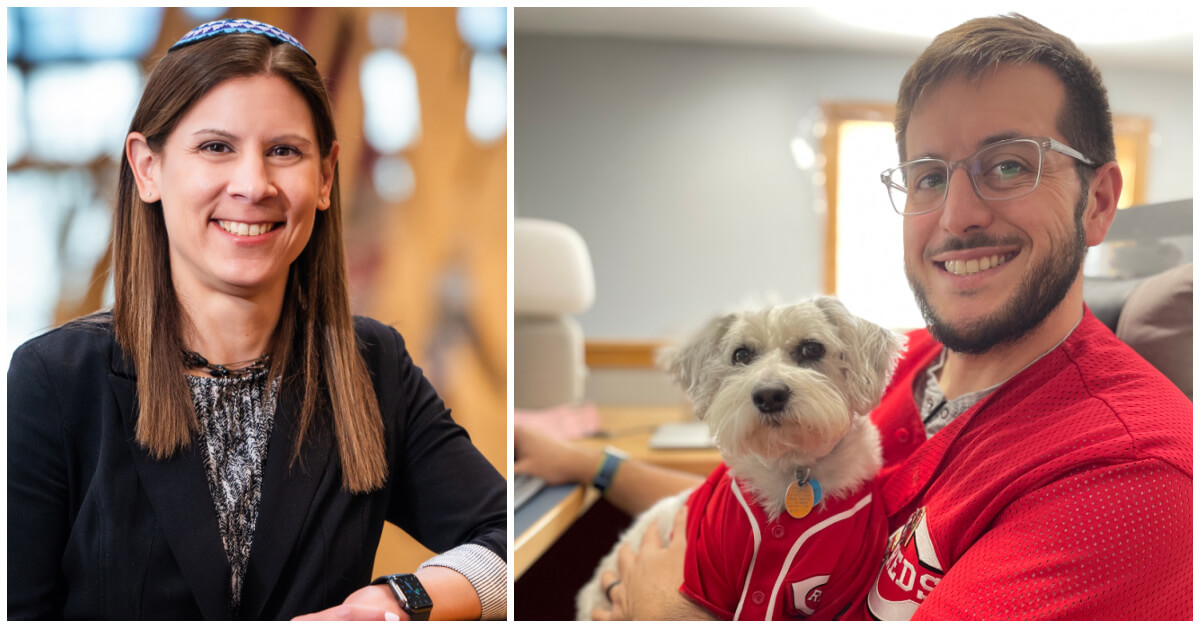
-30-







